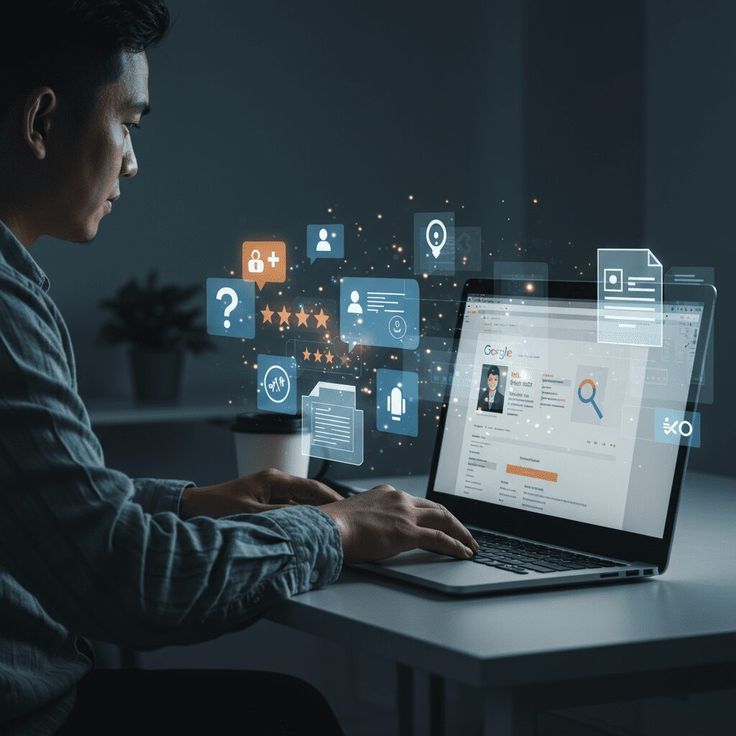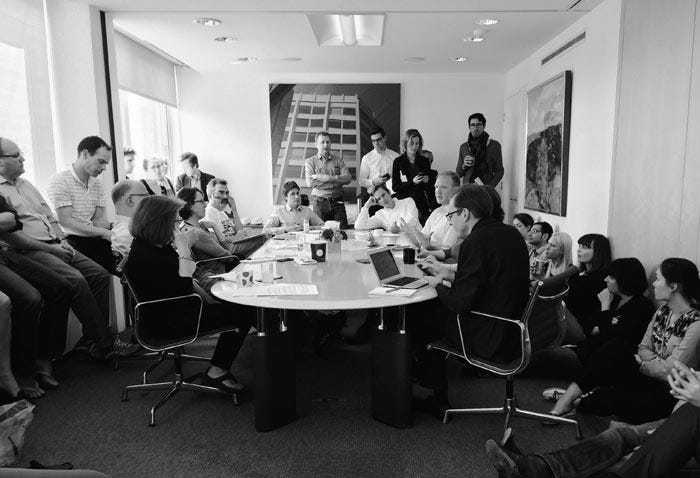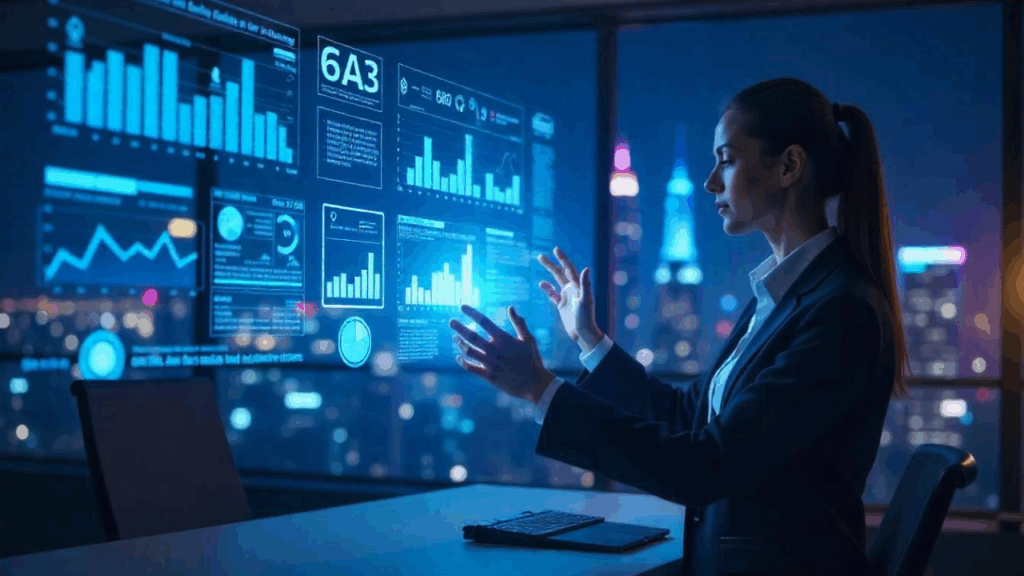The Rise of AI-Driven Marketing 2025
In AI-driven marketing 2025, brands are leveraging automation, machine learning, and big data to craft hyper-personalized campaigns that connect more deeply with customers. What began as simple audience segmentation has evolved into a dynamic ecosystem powered by AI in digital marketing, predictive analytics, and hyper-personalization. Marketers now use real-time insights and machine learning to anticipate consumer behavior before it happens. The challenge? Turning this predictive power into meaningful engagement while maintaining trust and privacy.
According to the Gartner Marketing Trends 2025 report, over 70% of marketing leaders prioritize AI-powered personalization to boost ROI and customer loyalty. As data privacy laws evolve, the most successful brands will be those that combine automation with authenticity.

The Power of Predictive Data in Marketing
The age of reactive marketing is over. Predictive data analytics has become the cornerstone of data-driven marketing strategies. By analyzing millions of signals from browsing patterns to social sentiment AI marketing tools can forecast customer needs and tailor campaigns accordingly.
Netflix’s recommendation engine remains a benchmark example. Using machine learning marketing models, it personalizes user experiences with pinpoint precision. Similarly, Amazon’s predictive algorithms optimize pricing, product placement, and even delivery routes for maximum impact.
Expert Insight: “Predictive analytics isn’t guessing it’s recognizing invisible patterns,” says Dr. Leila Moreau, Chief Data Scientist at Omnicom Media Group. “Marketers who master predictive intent will dominate the next decade.”
Hyper-Personalization: Marketing That Feels Human
In 2025, personalization has evolved into hyper-personalization marketing, where AI analyzes real-time customer insights from multiple touchpoints. Every ad, message, and experience adapts dynamically to context and intent.
Spotify’s AI-driven playlists exemplify this. They adjust daily to user mood and behavior, creating emotional connections that drive loyalty. According to the Salesforce State of Marketing Report 2025, 82% of consumers prefer brands that deliver personalized experiences across digital channels.
Yet, personalization must remain ethical. With GDPR, the AI Act, and global privacy standards tightening, brands that use data transparently will win long-term trust.
Smart Campaigns: Where AI Meets Creativity
Smart marketing campaigns blend automation, creativity, and AI-powered optimization. Rather than static ads, these campaigns continuously adjust targeting, messaging, and budgets based on real-time performance metrics.
Platforms like Google Performance Max and Meta Advantage+ are leading the movement. These systems use AI in advertising to test, learn, and optimize automatically resulting in higher engagement and lower acquisition costs.
Case Study: According to Nielsen’s 2024 Ad Intelligence Report, brands using AI-optimized smart campaigns achieved a 30% higher ROAS than those relying solely on manual management.
The next frontier is creative automation where machine learning enhances human creativity rather than replaces it.
The Privacy Paradox: Balancing Data and Trust
While data fuels personalization, privacy defines its boundaries. With the EU’s AI Act, expanded GDPR-style legislation, and consumer skepticism at an all-time high, ethical data use in marketing is non-negotiable.
Marketers are shifting to zero-party data strategies collecting information consumers voluntarily share in exchange for value. Loyalty programs, quizzes, and interactive content hubs are key to this consent-based approach.
Expert Quote: “The future of personalization depends on permission,” says Anita Kapoor, Head of Data Ethics at Adobe. “Transparency isn’t just compliance, it’s a brand differentiator.”
Global Marketing and Localization in a Smart World
In 2025, successful digital marketing strategies must think globally but act locally. As cultural relevance drives engagement, AI-powered localization and language personalization are reshaping global campaigns.
Unilever’s AI-driven regional campaigns in India use sentiment analysis in local dialects to customize content achieving a 40% engagement increase. Meanwhile, Latin American startups leverage WhatsApp Business automation to deliver personalized shopping experiences through chat.
Localization powered by AI marketing technology (MarTech) ensures that smart campaigns resonate across cultures and markets.
The Road Ahead: Humanizing AI in Marketing
The next phase of digital marketing in 2025 demands balance: automation must serve authenticity. The best marketers will fuse AI-driven insights with emotional intelligence and storytelling.
To thrive, brands should:
- Invest in clean, consent-based data ecosystems.
- Adopt AI responsibly with transparent human oversight.
- Create hyper-personalized yet ethical experiences.
- Leverage predictive analytics for proactive marketing decisions.
- Empower creativity with smart automation tools.
In 2025 and beyond, AI won’t replace marketers, it will empower them to make marketing more human, relevant, and intelligent.



